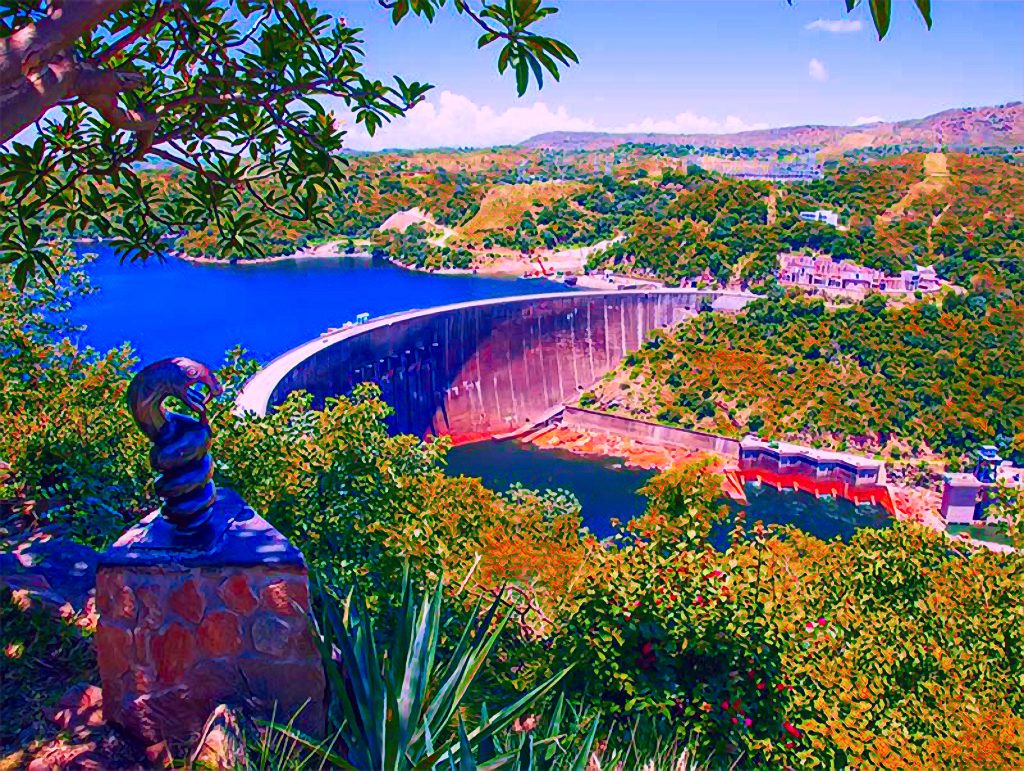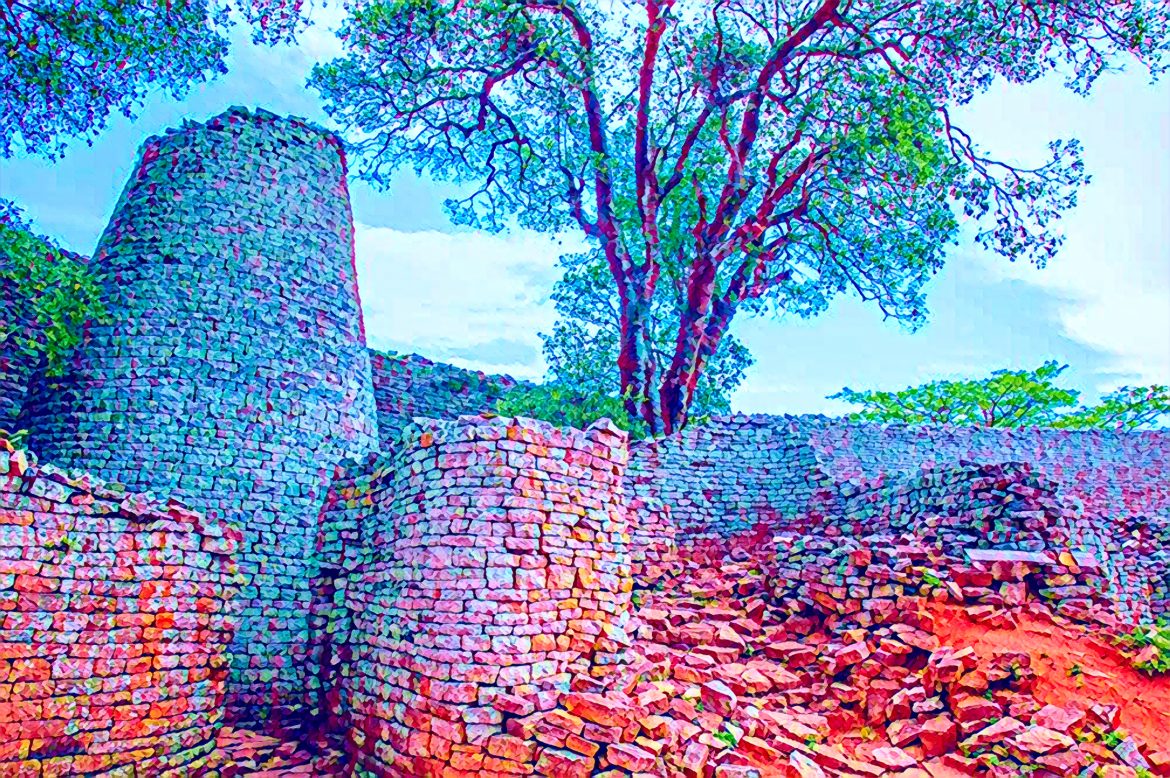KEY POINTS
- Great Zimbabwe Ruins reveal the architectural brilliance of the ancient Shona civilization and offer insights into pre-colonial African trade.
- Khami Ruins reflect Zimbabwe’s rich post-Great Zimbabwe era with intricate stonework and cultural significance.
- Matobo Hills, Chinhoyi Caves, and Lake Kariba showcase the country’s spiritual, geological, and cultural history, offering visitors unforgettable experiences.
Zimbabwe is known for its rich cultural heritage and fascinating history, reflected in the numerous historical sites spread across the country. From ancient ruins to geological wonders, these landmarks offer visitors a glimpse into the stories that shaped Zimbabwe’s past. Here are the top five historical sites that every visitor should explore.
Great Zimbabwe National Monument
The Great Zimbabwe Ruins, located in Masvingo, are the remnants of an ancient city that flourished between the 11th and 15th centuries.
This UNESCO World Heritage site is famous for its grand stone structures, built without mortar, showcasing the architectural ingenuity of the Shona civilization.
As the former capital of the Kingdom of Zimbabwe, it offers insights into pre-colonial African trade, governance, and craftsmanship. Visitors can explore the Great Enclosure, the Hill Complex, and the museum showcasing artifacts from the site.
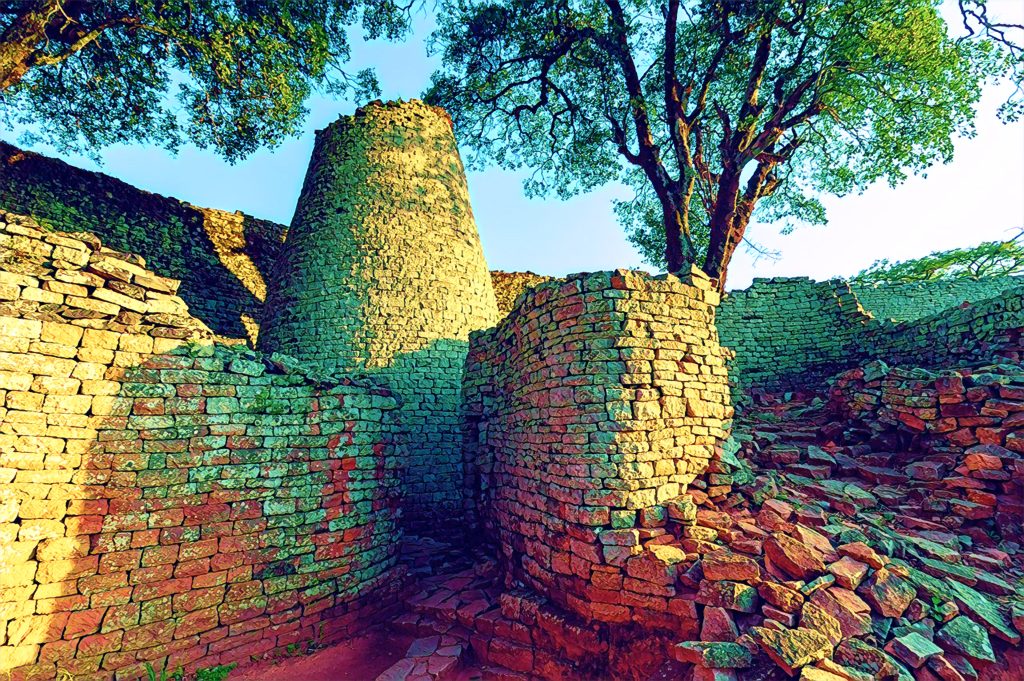
Khami Ruins
Located west of Bulawayo, the Khami Ruins were once a major trading hub after the decline of Great Zimbabwe. This UNESCO World Heritage site features a unique architectural style with tiered terraces and stone walls arranged into multiple levels.
The ruins offer a fascinating glimpse into Zimbabwe’s post-Great Zimbabwe era, reflecting the trade and cultural exchanges that occurred during the 15th to 17th centuries. Visitors can explore the site’s intricate stonework and enjoy scenic views of the surrounding landscape.
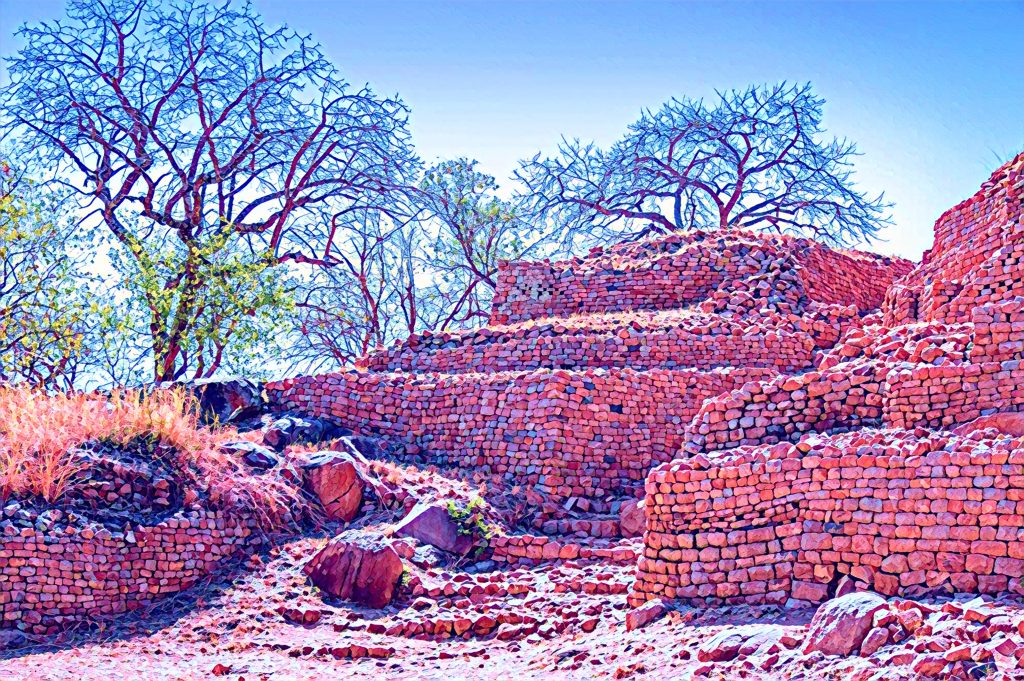
Matobo Hills
The Matobo Hills, located near Bulawayo, are renowned for their distinctive granite rock formations and ancient rock art. The area is also home to the grave of Cecil Rhodes, the British imperialist, whose resting place offers panoramic views of the hills.
Beyond its geological beauty, the hills hold spiritual significance to the local communities and contain Stone Age rock paintings believed to be over 13,000 years old. Visitors can explore caves like Nswatugi and experience the historical depth of the region.
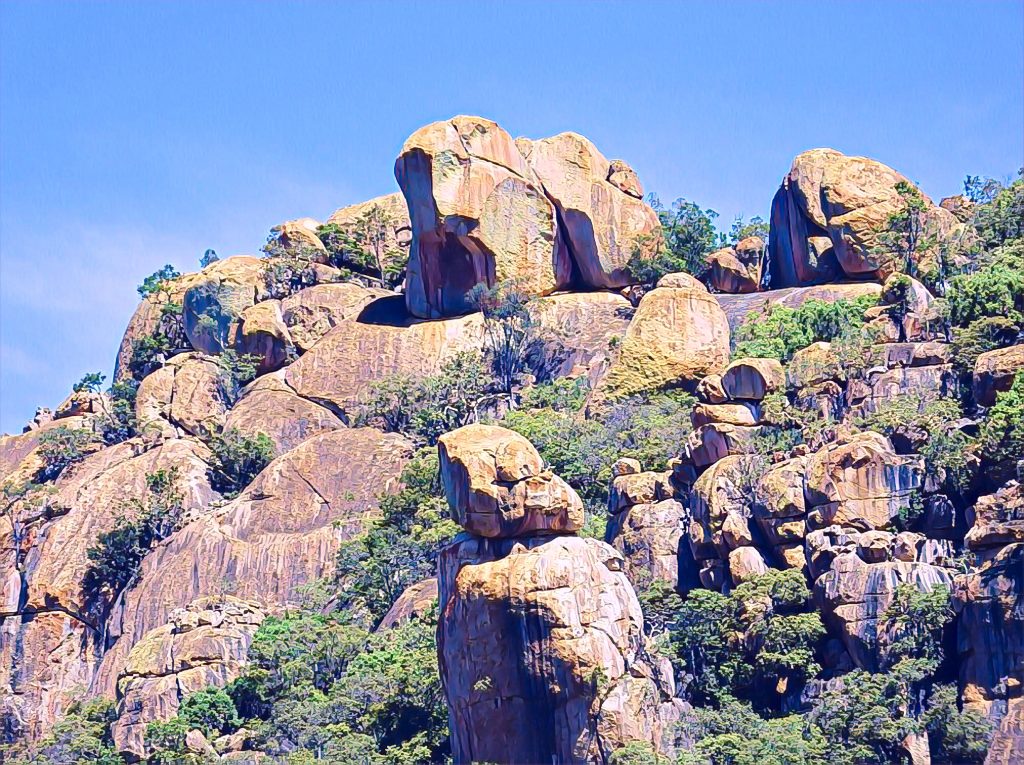
Chinhoyi Caves
Chinhoyi Caves, located near the town of Chinhoyi, are famous for their limestone formations and the stunning “Sleeping Pool,” a crystal-clear underground lake. The caves have historical importance as they served as a refuge for local people during invasions.
Archaeological findings from the caves, including pottery and human remains, date back to 650 AD, reflecting their significance through the centuries. The site offers a unique blend of history, geology, and adventure, with guided tours available for visitors.
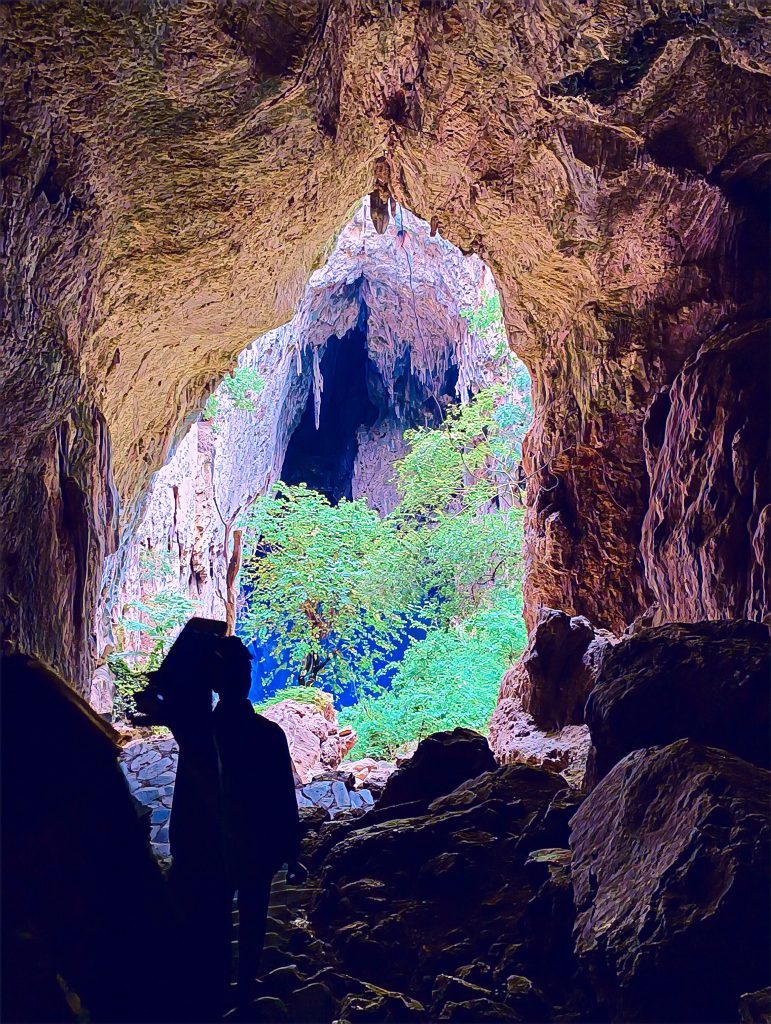
Lake Kariba and the BaTonga Community
Lake Kariba, one of the largest man-made lakes in the world, lies along the border between Zimbabwe and Zambia. Beyond being a beautiful destination for wildlife enthusiasts, the area holds historical significance due to its association with the BaTonga people.
The BaTonga Museum, located near Lake Kariba, preserves the heritage of this ancient community, whose culture is centered around fishing, farming, and traditional crafts. Visitors can explore both the natural beauty of Lake Kariba and the rich cultural traditions of the BaTonga people.
